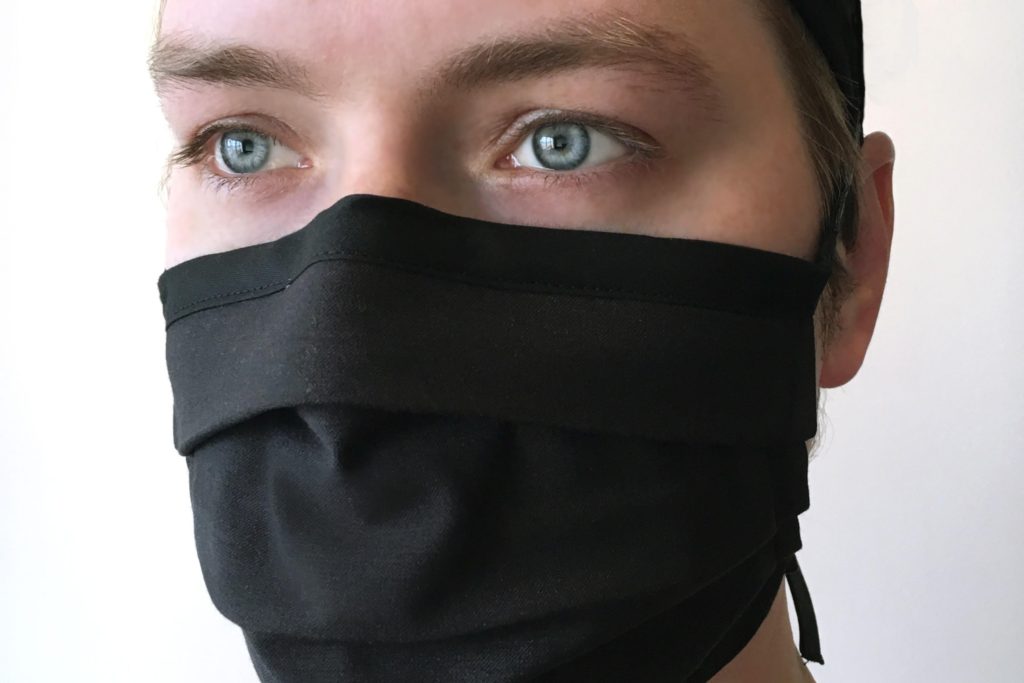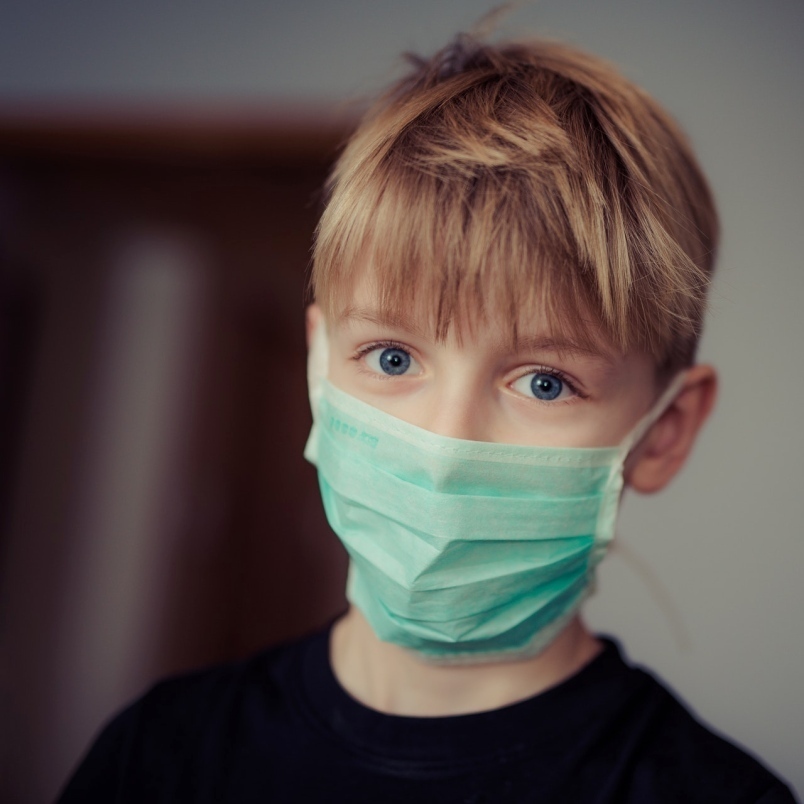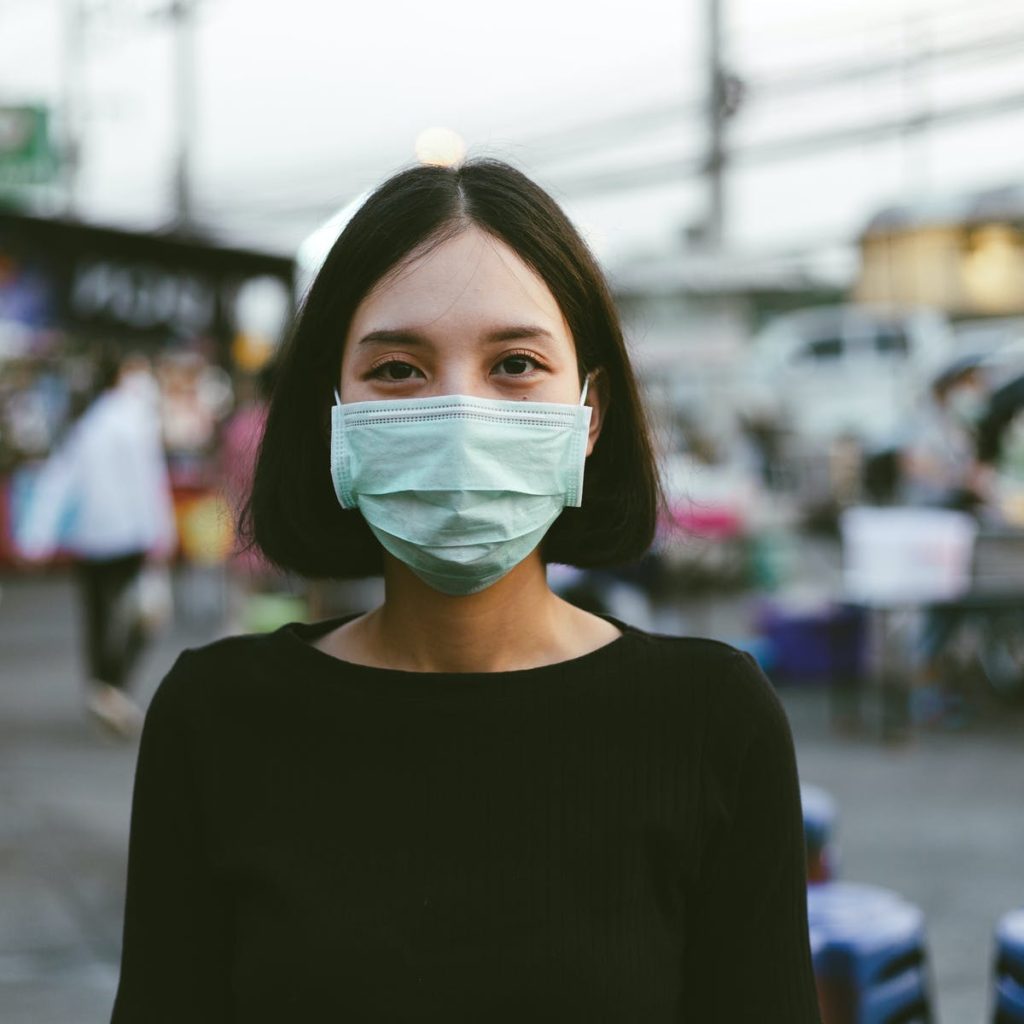The Centers for illness control and prevention (CDC) continues to powerfully advise the carrying of face masks to stop the transmission of SARS-CoV-2, the virus that causes COVID-19.
On July 14, 2020, the CDC Director Dr. Robert Redfield stated in a press release trusted Source: “Cloth face coverings are one of the foremost powerful weapons we’ve got to slow and stop the unfold of the virus — significantly when used universally within a community setting.” While these recommendations have been met with some skepticism among the general public, scientific proof continues to show that masks actually work.
As to the explanations why the specialists say the science is kind of easy. Transmission of the coronavirus is believed to occur through respiratory droplets that are free when people speak, sneeze, or talk, according to Dr. MeiLan Han, a professor of medicine in the division of pulmonary and critical care at the University of Michigan. If these droplets land in the mouth or nose of individuals near, or are inhaled into the lungs, a person will contract the virus.

Masks produce a physical barrier that catches these droplets and prevents them from spreading as far into the encircling air as they normally would. Han stated the masks become even more vital because a significant proportion of people who get COVID-19 either don’t exhibit symptoms or there’s a delay before symptoms show up. Studies show, however, that these people will still transmit the virus to people around them.
The data suggest that the use of face coverings will help limit the spread of the illness by these asymptomatic and presymptomatic people, said Han. In the July 14, 2020 issue of the Journal of the American Medical Association (JAMA), the authors of an article said that “the time is now” for universal mask-wearing. In support of their opinion, they pointed to 2 case studies that were revealed that very same day.
The first study trusted source showed that a universal mask-wearing policy in a Boston hospital system reduced the transmission of SARS-CoV-2. Prior to the institution of the mask policy, new cases among care workers who had either direct or indirect patient contact were increasing exponentially.

After the policy placed into place, however, the proportion of symptomatic care staff who tested positive for COVID-19 “steadily declined,” per the report.
The editorial additionally spoke about a report in the CDC’s Morbidity and Mortality Weekly Report (MMWR) which showed that wearing a mask looked as if it would prevent 2 Missouri hairstylists from spreading the disease to their customers. Both stylists had continued to see customers for many days after developing symptoms however wore face masks as per local government ordinance. Ninety-eight percent of their customers wore masks in addition.
Of the 139 customers that the stylists saw before being diagnosed, none developed COVID-19 symptoms throughout the follow-up period. None of their secondary contacts developed symptoms either. In addition, of the 67 shoppers who agreed to be tested, none were positive for the virus.


